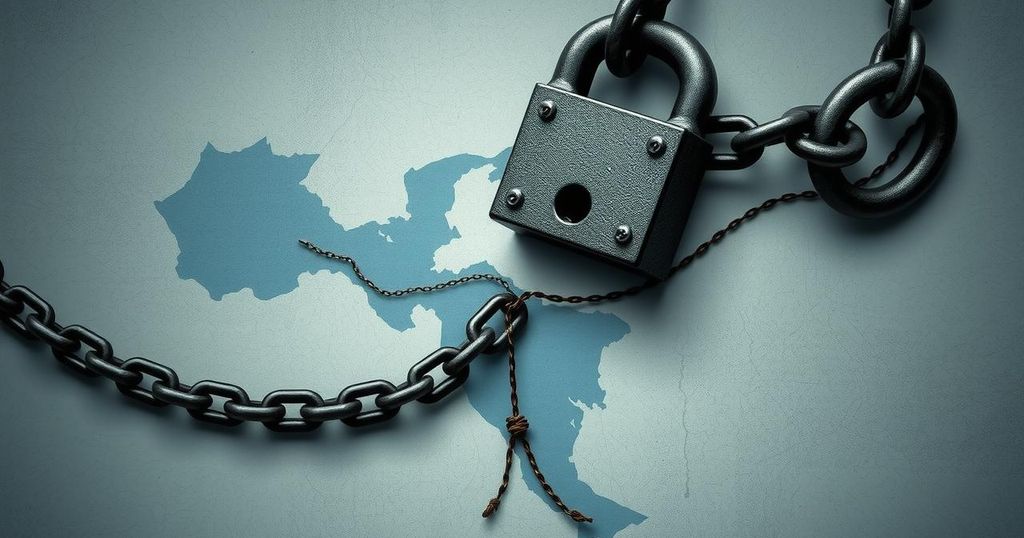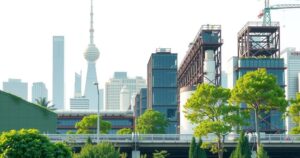Supreme Court Decision Impacts Temporary Protected Status for Venezuelans

The U.S. Supreme Court has ruled to allow the Trump administration to revoke Temporary Protected Status for thousands of Venezuelans. This decision raises critical concerns about the safety of these individuals if returned to their home country. Advocacy groups are mobilizing in response, pushing for legislative measures to address the consequences of this ruling. The broader implications for U.S. immigration policy remain an ongoing discussion.
In a significant ruling, the U.S. Supreme Court has permitted the Trump administration to revoke the Temporary Protected Status (TPS) for many Venezuelans. This decision affects thousands who had sought refuge in the U.S. due to the ongoing crisis in their home country. Critics of the move warn that it risks returning vulnerable individuals to a dire situation amid political and humanitarian turmoil, a concern echoed by legal advocates and immigrant protection groups alike.
The ruling, rooted in a legal challenge filed by the Trump administration, emphasizes the belief that TPS is a discretionary policy rather than a guaranteed protection measure. The case was pivotal in determining the future of many Venezuelans who came to the U.S. escaping besieged conditions. The consensus among experts reveals anxieties surrounding deportation and how it could exacerbate the desperate conditions these individuals fled.
In response to the decision, representatives of various human rights organizations expressed their dismay, pointing towards the safety challenges that many Venezuelans would face if forced to return. With the political climate in Venezuela intensifying, advocates argue that the Supreme Court’s ruling now lays bare the fragility of immigrant protections used frequently by those fleeing violence or oppression. The legal ramifications of this decision could have long-lasting effects on immigrant communities nationwide.
Meanwhile, the controversy does not end here as multiple bills and initiatives are being discussed to alleviate the situation. There are calls for Congress to consider extending TPS or crafting alternative protections for Venezuelans still in the U.S. However, with ongoing divided opinions among lawmakers, the future remains uncertain. This Supreme Court ruling marks just one piece of the larger puzzle regarding immigration policy. The ramifications are likely to play out across political and social spheres in the coming months.
As advocacy groups strategize on how best to respond to the Supreme Court’s ruling, not all is bleak. There is a collective drive to inform affected communities about their rights and potential next steps. In the face of adversity, support networks for Venezuelan migrants are mobilizing resources to help those impacted navigate the new landscape of immigrant protections. The developments within this sector continue to unfold, highlighting the urgency of ongoing discussions surrounding immigration reform. Established dialogues involve not just immediate legal strategies but also broader advocacy efforts that aim to reshape the policies surrounding immigration and refugee protections across the U.S.
The Supreme Court’s ruling allows the Trump administration to revoke TPS for thousands of Venezuelans, raising significant concerns about the fate of these vulnerable individuals. Advocates are organizing to address the implications of the decision and seek alternative protections. As discussions on immigration reform continue, the need for broader protections for migrants remains urgent, underscoring the tension between policy and humanitarian needs.
Original Source: www.nbcnews.com




